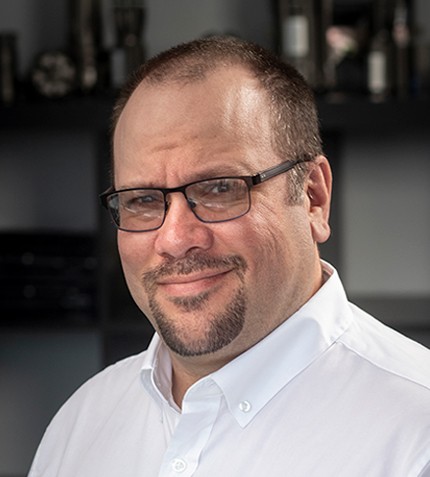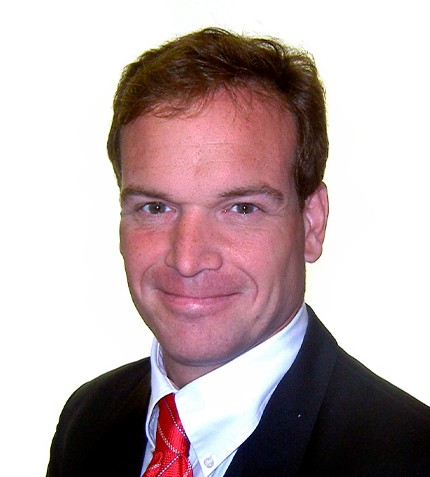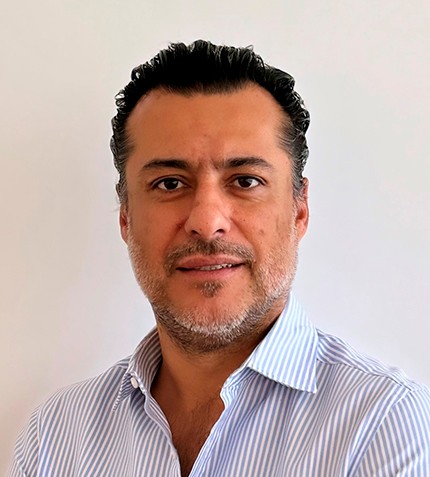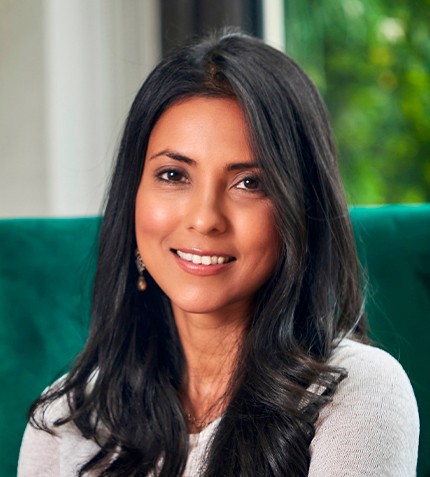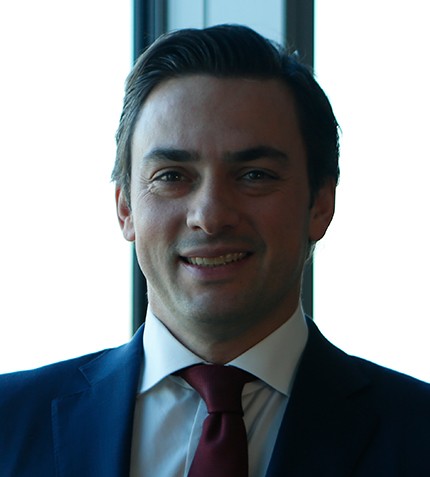
“TR-Pharm has a clinical department where we conducted a phase one study in the rare disease area, in both FMF (Familial Mediterranean Fever) and Behcet’s disease. This was the first in-human original molecule clinical study accomplished in Turkey’s history.”
Mehmet Goker
CEO, TR-PHARM
TR-Pharm, short for Turkish Pharma, is amongst a minority of start-ups operating in Turkey. How has the company developed since it began operations in 2013?
TR-Pharm is a first-of-its-kind pharma company based in Istanbul: we are a start-up in the true sense of the word, amongst a cluster of pharmaceutical companies that have long-established roots with more than 20 years in the industry. TR-Pharm was founded with the goal to become a Turkish player with a global vision. TR’s main business is to in-licence originator products for Turkey, as well as the Middle East and Africa. A core principle upheld by TR is to be a medically driven company, rather than just a distributor of generics. TR-Pharm is also predilected on specialty sectors and stands out in oncology, haematology, rare disease and, starting this year, CNS, with the potential to expand into rheumatology. Moreover, the products we licence are technologically advanced, and typically a "First generic" or "Super generic.” Core to our business model is the close partnership with governments, through which TR supports local authorities with cost-effective options. For instance, in a recent biosimilar tender, we provided the Turkish government with 400 million TL of budget benefits as compared to the originator.
How did you overcome the challenges of setting up a new company back in 2013?
It's always a challenge to start a "start-up" in emerging markets because of regulatory burdens. In order to overcome any challenges, it is key is to have a very capable team. Common practice is to hire low-level employees for a start-up in order to minimize costs, but my philosophy is hiring people from the top of the charts, with vast experience. Moreover, we look for people who are not only sales driven but also science driven. It is thanks to this aspect that we were able to receive the first non-EU and non-U.S. marketing authorisation for a biosimilar product called Reditux, from Dr Reddy's, in under 12 months. In the context of Turkey being an extremely regulated market, it was a great achievement to convince the committees and the MOH that science stays science everywhere.
Could you elaborate on TR-Pharm’s main areas of operation?
Besides in-licensing, a second pillar of TR’s existence is our strong belief in R&D. Unfortunately, to measure to multinational level R&D, one needs billions of dollars of investment, so we decided to start with the "D" of R&D, looking into the development phase, especially in clinical studies. TR-Pharm has a clinical department where we conducted a phase one study in the rare disease area, in both FMF (Familial Mediterranean Fever) and Behcet’s disease. This was the first in-human original molecule clinical study accomplished in Turkey’s history.
Finally, TR-Pharm has begun a production facility, but we had to pull the hand-brake in this investment due to macroeconomic issues. Factories are easily financed and built, but running a factory is a cash-burning process that cannot be sustained without operating at high capacity or through product procurement guarantees.
How does Turkey fare as a destination for clinical trials in terms of the availability of patients/volunteers?
Doing clinical trials in Turkey is challenging, simply because of the fact that Turkey has a universal health policy, and thus Turkey's citizens have access to free medicines through their social security. This raises the question of why would anyone want to take part in a clinical study, when the original product is at arm’s length and free of charge? Moreover, there are many insurance related challenges, and finding candidates with the right profile is in itself a hurdle. Nevertheless, Turkey offers a large pool of patients for rare diseases, with high proliferation of genetic diseases as a result of inter-family marriages.
How would you comment on the availability of capital and financing opportunities in Turkey?
Contrary to what people think in the global arena, capital is available in Turkey, but the pharmaceutical industry is a very sophisticated business, so one needs to find investors who understand its intricacies. Projects in constructions, hospitality or the food industry are easily comprehended and thus find investors quicker. The typical route taken abroad is to make small investments into developing a molecule, but this is difficult to apply in Turkey, because investors are not eager to come to Turkey to finance a pharma start-up. Nevertheless, if a pharma company proves itself as an asset-driven and valued business, there will be private equity firms that will dispose of their money because Turkey is an attractive market.
What do you anticipate to be the main factors shaping the pharma and biopharma industry in coming years?
Turkey is highly regulated, mirroring the European system, but a foreign currency issue, in addition to mandatory discounts, also burdens the country. If we want to add value to the market in the future, our research and development needs to be supported by authorities. If people are willing to pay 20 TL for a pack of cigarettes, we need to also unlock their willingness to pay for a pack of antibiotics. Unless the burden on the health budget is alleviated, the government remains limited in being able to support and finance R&D projects. Most of Turkish pharma companies are large-scale distributors that do not conduct their own R&D, and even those operating in the biotech space are typically bringing drugs from overseas and doing the fill and finish here in Turkey. Investing in drug substance manufacturing and APIs is a costly business, but the principles of economies of scale offset these interests. However, to add true value to the Turkish pharma industry, we need to get into R&D sooner or later, because innovation is the only way the pharmaceuticals industry will get meaningful profits and add value to their country.




